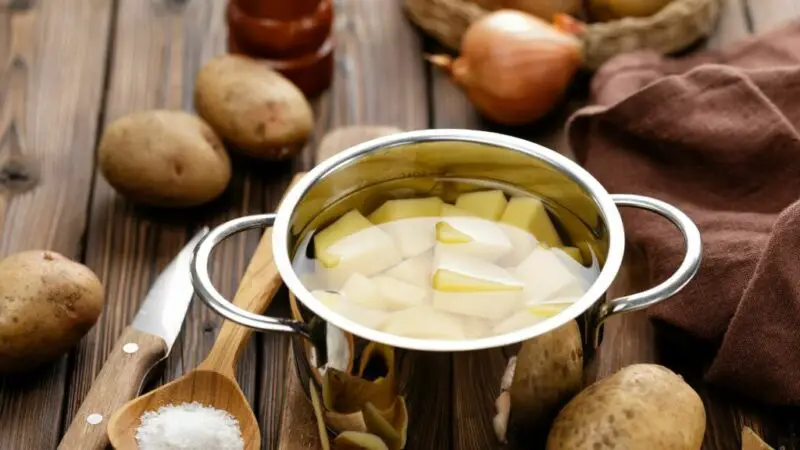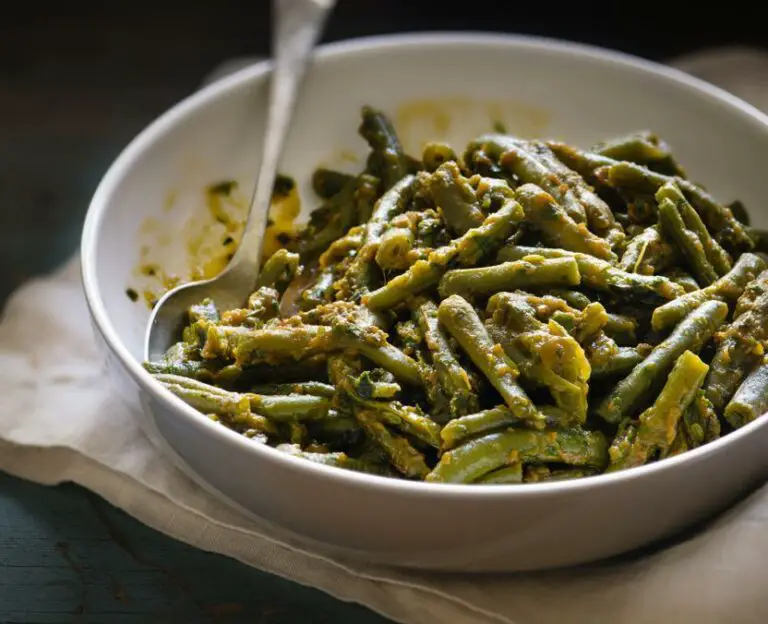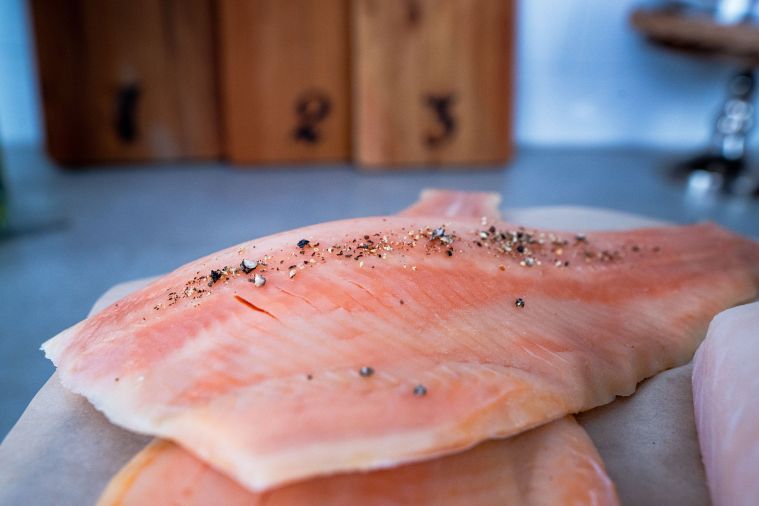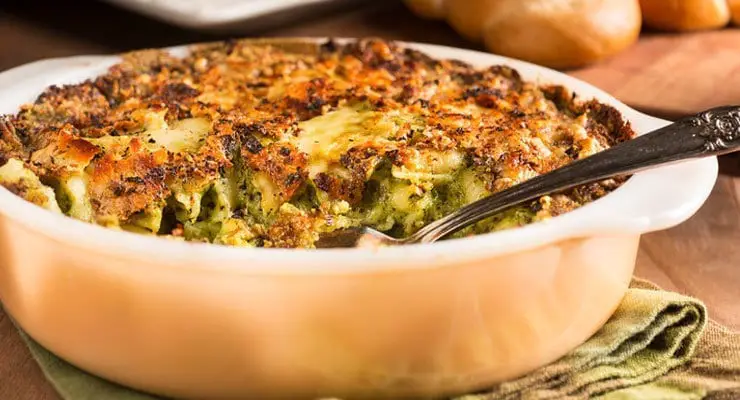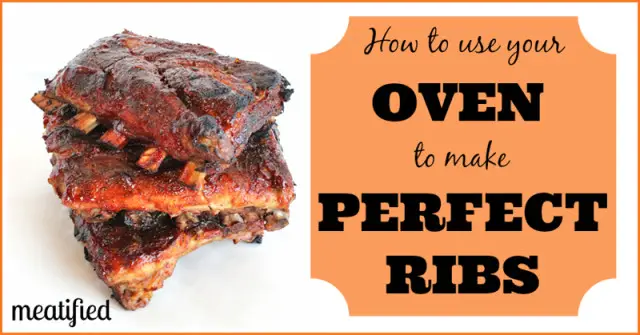Have you ever wondered why some potatoes float when cooked while others sink? Potatoes are one of the most versatile vegetables used in various cuisines worldwide. They are commonly boiled, fried, mashed, or baked to make dishes like French fries, potato chips, stews, and casseroles.
In this article, we will explore the science behind the floating phenomenon of potatoes and understand why they behave differently during different cooking methods.
The Science Behind Floating
Before we proceed with the details of potato cooking techniques, let’s understand what makes an object float or sink. Density is a key factor that determines whether an object can float or not. Density is defined as the mass per unit volume of an object. If an object weighs less than its own density in water, then it can float; otherwise, it sinks.
When we cook potatoes, they undergo several changes in their chemical composition and structure. Some factors affect the density of food during cooking. For example, when we boil potatoes, they release starch into the water making them more buoyant due to reduced density compared to raw potatoes.
Cooking Potatoes: Boiling vs Frying
Boiling
Boiling is one of the simplest and most common ways to cook potatoes. Potatoes indeed have different densities based on their variety and age. The denser ones tend to sink while lighter types like new potatoes often float when boiled in water. However boiling does not always produce predictable results because each potato may have a slightly unique composition.
Factors affecting potato buoyancy during boiling include temperature: higher temperatures increase potato dissolution resulting in dense center becoming lighter whereas cooler temperatures lead to denser centers but saturated skin which becomes obscure and thus leads to floation.
To prevent floating while boiling new or light-skinned varieties consider adding salt to increase water density and thereby inhibit flotation for evenly cooked through cannabis that breaks down well for uniform consumption throughout.
Frying
Frying is another popular potato cooking method. When we fry potatoes, the temperature affects the chemical interactions that take place within the potato, altering its density and buoyancy properties.
Fried potatoes tend to be denser and sink in oil because frying removes moisture content from the surface, making them more compact and less prone to being light. It is essential to note that despite their floating characteristics, boiled potatoes are more nutritionally sound than fried ones. The difference in buoyancy creates differences in taste, texture, and appearance; thus they vary considerably when cooked.
Unusual Cases: Why Some Potatoes Float and Others Don’t?
Sprouted Potatoes
Sprouted potatoes exhibit a unique behavior compared to unsprouted types during cooking. While sprouting impacts on overall water mass loss before boiling or frying however it can have less of an impact once cooked which might make floatation erratic.
The concentration of starches released during boiling often increases leading to increased density upon sprouting. As such leftover forms properties not catered for by non-sprouted potato types leading to changes like buoyancy unpredictability and various degrees of charring while frying.
Starchy versus Waxy Potatoes
Starchy potatoes include Russets while waxy ones represent varieties such as red or white potatoes. Starchy varieties are typically high in starch content and low moisture content hence heavier than their waxy counterparts which are relatively low-density foods due to high-water concentrations found inside their cell structure.
Thus starchy kinds of potato sink due to their higher weight compared to the watery mass available However waxy varieties tend to float since they weigh lesser meaning there isn’t adequate mass though this can change depending on conditions such as temperature variations..
Old versus New Potatoes
New potatoes generally exhibit flotation tendencies explained earlier when reflecting upon skin thickness and size as well as type whereas old ones possess hardened skin with a higher water retention potential that leads to increased density hence sink behaviour.
Conclusion
Potatoes are a vital part of many diets across the globe due to their versatility and unique nutrient content. However, boiling or frying potatoes may be challenging for different reasons such as fluctuating densities created by factors such as temperature, variety, and ageing.
By understanding why some potatoes float and others do not when cooked using a specific method, we can appreciate the scientific variations that affect the food’s physical properties. Nonetheless, by adjusting the cooking methods accordingly, you can still achieve an excellent culinary experience with any potato type.
Whether enjoying mashed potatoes or crispy French fries in crunching in your mouth or taking a bite of hearty mashed potatoes with flavorful gravy being aware of buoyancy will help you make informed kitchen decisions while improving every meal making it effortless without having to wonder about what could have gone wrong.
Q&A
Q: Can all potatoes float when they’re cooked?
A: No, not every potato will float when it’s cooked. However, some types of potatoes are more likely to float due to their density and starch content.
Q: Why do some cooked potatoes float while others sink?
A: The buoyancy of a cooked potato depends on the density and starch content of the potato. Potatoes with a higher starch content tend to be less dense and therefore more likely to float.
Q: Can the age or freshness of a potato affect whether it floats or sinks when cooked?
A: Yes, the age and freshness of a potato can have an impact on whether it floats or sinks when cooked. Older potatoes tend to be less dense and may float more easily than fresh potatoes.
Q: Is there any benefit or disadvantage to having a floating vs. sinking potato when cooking?
A: There is no significant benefit or disadvantage to having a floating vs. sinking potato when cooking, as long as the potato is properly cooked throughout. However, some people believe that floating potatoes are overcooked and therefore less flavorful or nutritious than those that sink.
